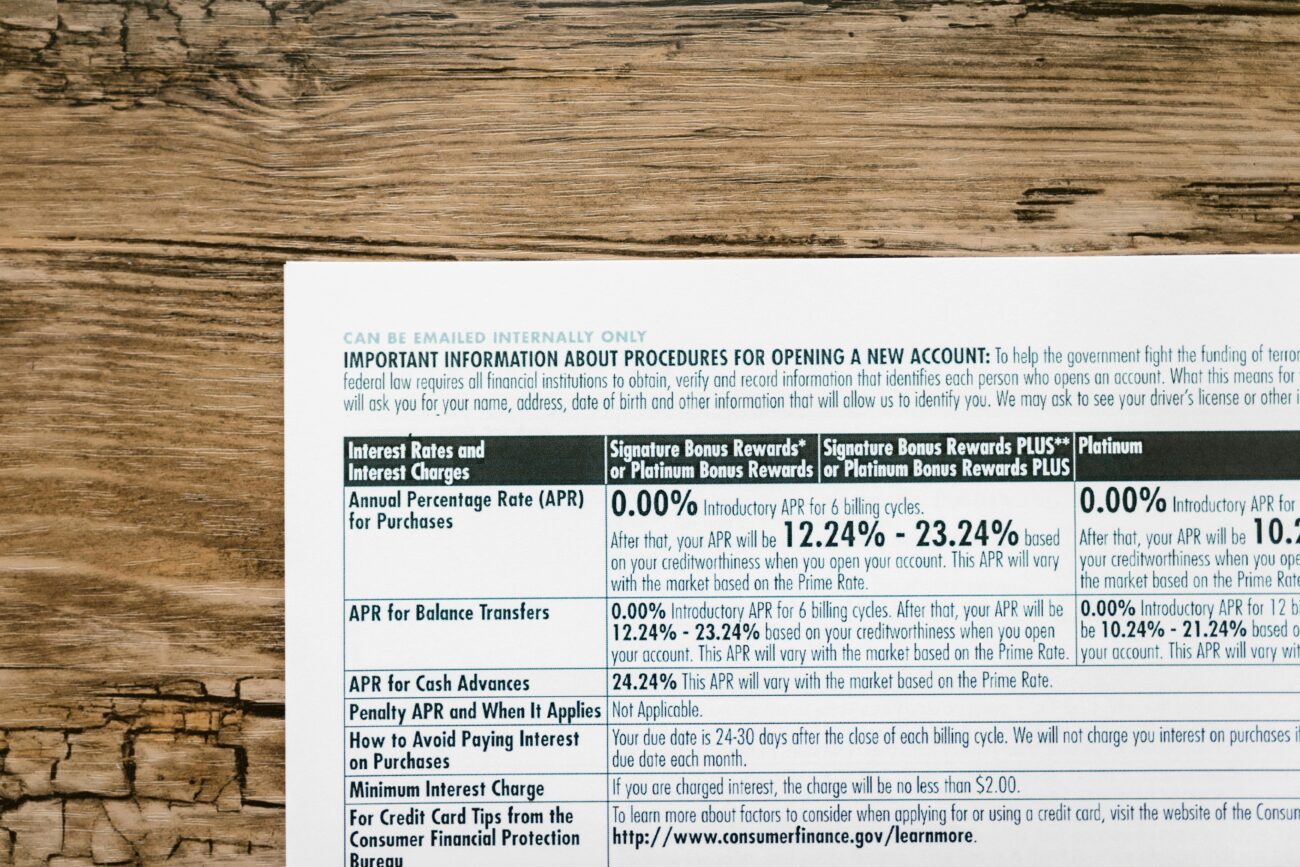Car accidents can be traumatic, both physically and financially. If you find yourself asking, “Does health insurance cover car accident injury?”, you’re not alone. Understanding the role of your health insurance in these situations can alleviate stress and prepare you for the road ahead.
Understanding Health Insurance Basics
Before diving into specifics, it’s essential to know how health insurance generally operates.
- Premiums: The amount you pay monthly for your coverage.
- Deductibles: The amount you need to pay before your insurance starts covering costs.
- Co-pays and Co-insurance: The portion of costs you’re responsible for after your deductible is met.
Does Health Insurance Cover Car Accident Injuries?
The short answer is: it depends. Most health insurance plans do cover medical expenses resulting from car accidents, but there are some important factors to consider.
1. Type of Coverage
Different types of health insurance will handle car accident injuries differently. Here are some key considerations:
- Employer-Sponsored Plans: Generally, these plans cover medical expenses from car accidents, but check your specific policy for details.
- Government Programs: Medicare and Medicaid typically offer coverage for injuries but may have specific rules.
- Marketplace Insurance: Plans purchased through health exchanges usually provide similar coverage.
2. Coordination with Auto Insurance
In many cases, your auto insurance should be your first line of defense for covering accident-related injuries. Here’s how it works:
- PIP Coverage: Personal Injury Protection (PIP) is mandatory in some states and covers medical expenses regardless of fault.
- Liability Insurance: Covers injuries to others if you’re at fault, which can indirectly affect your coverage limits.
What Expenses May Be Covered?
Your health insurance can help cover a variety of costs, including:
- Emergency medical treatment
- Hospital stays
- Surgery costs
- Rehabilitation services
- Follow-up medical appointments
Important Considerations
Be aware of these crucial aspects:
- Policy Limits: Review your plan’s coverage limits to understand how much you can claim.
- Network Providers: Using doctors within your insurance network often results in lower out-of-pocket costs.
- Claim Process: Ensure you understand the claims process for both your health insurance and auto insurance.
Next Steps: What Should You Do After a Car Accident?
If you have been in a car accident, take these steps to protect your rights and ensure you get the coverage you need:
- Seek immediate medical attention for any injuries.
- Document the accident with photos and witness statements.
- Notify your auto insurance provider.
- Contact your health insurance company to report the injury.
- Keep all medical records and treatment documentation.
Conclusion
In most cases, health insurance does cover car accident injuries, but the coverage can be complex depending on the regulations, your specific policy, and how it interacts with your auto insurance. Always read your policy carefully and consult with your insurance agent or healthcare provider for personalized advice.
For more details on health insurance options, consider exploring Healthcare.gov.
